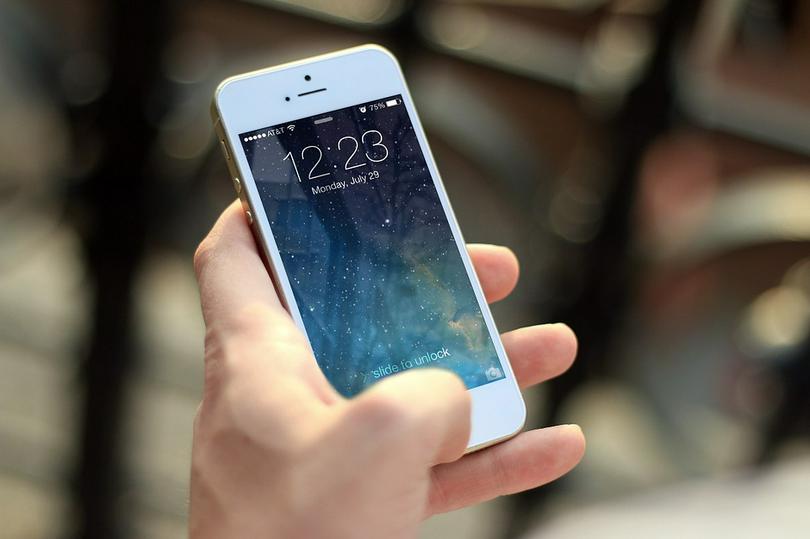On Tuesday, December 11, 2018, a Chinese court banned the sale of older iPhone models as part of a long-running patent infringement lawsuit between Apple and Qualcomm. Most legal observers had expected China to reject Qualcomm's request for an injunction.
However, the US chip-maker Qualcomm claims that it has won an injunction against Apple that effectively bans the import of a number of iPhone models, ranging from the iPhone 6S to the iPhone X.
The preliminary order, issued by a Chinese court, is the latest in step a continuing feud between the two tech giants over intellectual property.
On the other hand, Apple says all of its iPhone models remain on sale in the country.
The injunction affects devices running older versions of Apple's iOS operating system and not those running the latest version, iOS 12.
What really happened
The court found Apple had violated two of Qualcomm's patents - one regarding photograph resizing and the other related to how apps are managed on a touch screen.
"Apple continues to benefit from our intellectual property while refusing to compensate us," said Don Rosenberg, general counsel of Qualcomm.
However, Apple released a statement saying that the attempted ban was "another desperate move by a company whose illegal practices are under investigation by regulators around the world".
The company added it would "pursue all our legal options through the courts".
China has long felt that the US is unfair to its big tech firms - in particular Huawei, which is the closest thing the country has to a true Apple competitor. While it doesn't (yet) come close in terms of yearly revenue - $266bn for Apple against an expected $100bn or so for Huawei - the firm did manage to leapfrog Apple in global smartphone sales earlier this year. Huawei is now second only to Samsung.








